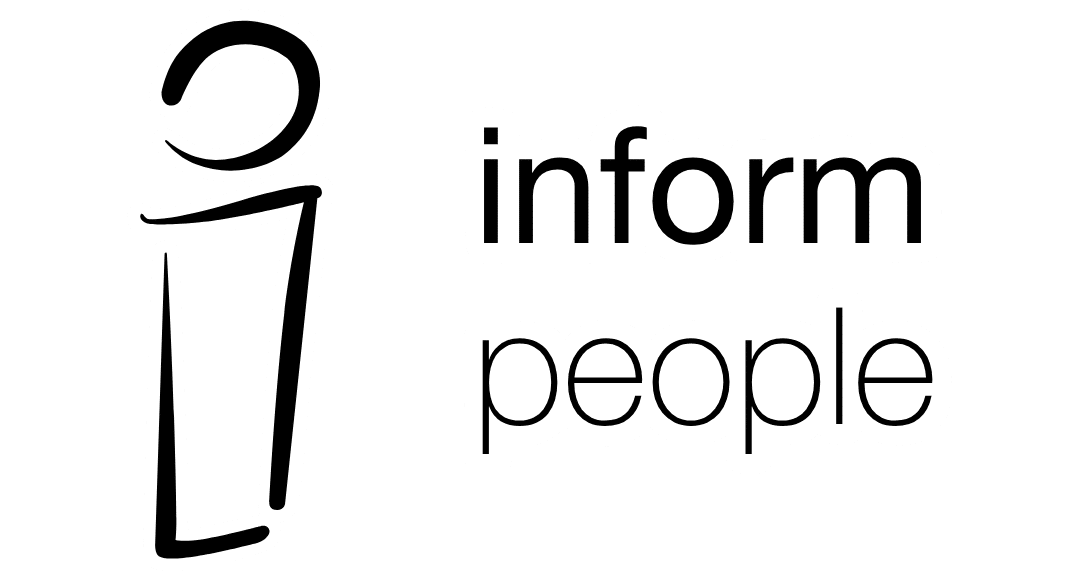Visualising and interpreting data
Visualising and interpreting data is essential for maintaining your organisation’s competitive advantage. Data-driven insights help you better allocate resources, provide a more premium service to customers, support your staff, and reduce inefficiencies. And the list goes on.
Without data, you’re left making high-stake decisions based on gut instincts or with a ‘try it and see’ mindset. But a successful organisation doesn’t come from throwing everything at the wall and seeing what sticks. It comes from crystal-clear, data-driven, informed decision-making. Data analytics make this process five times faster for businesses. And data-driven companies are 58% more likely to beat revenue goals than those who aren’t.
Luckily, businesses are creating more data than ever before. Now it’s about making sure you’re managing it in the best way. Here are three tips to improve your decision-making with better data management.
Make data more accessible
The more people across your organisation who have access to real-time data, the quicker you can respond and take action when problems or opportunities arise. The last thing you want is for your staff to have to wait hours for relevant data to be passed from department to department when a new challenge comes up.
Quick decision-making needs real-time data. So make sure everyone who would benefit from the data has access to it. You can assign access based on seniority level or location – meaning no one ever has to wait for relevant information. They can simply log on, find the relevant data sets, and make a fast, informed decision.
That being said, you don’t want to overwhelm your staff with too much data. So equally as important as assigning access where appropriate is revoking access when it’s no longer needed.
Stick to one platform
We can’t understate the importance of having one central hub for all your business information. Whether it’s the outcomes of a recent audit, current staff training plans, staff contact details, or a list of recent promotions, keeping everything in one place saves your staff a lot of time and energy.
Your team won’t have to jump from system to system throughout the day. Or if you do have another platform, make sure they link together well. Wherever possible, consolidate your systems to keep things as simple and straightforward for your staff as possible. One platform that handles everything is also much quicker to teach than a handful of disparate options.
Revisit your data strategy often
You don’t want to waste time and resources capturing, analysing, and storing data that isn’t bringing you closer to your long-term goals. So frequently take stock of your data and processes to ensure you’re always moving in the right direction.
What are your long-term business goals and aims? How will data help you get there? What data are you currently collecting? Do you have enough? Is it high quality? Is there data you no longer need that’s taking up storage space?
Checking in with your data and strategy will reduce your risk of wasted time and resources. It encourages you to continually evolve your approach and ensures you continue making decisions using the best data possible.
Data helps your organisation approach growth with greater confidence and significantly less risk. But capturing relevant data isn’t enough. You also need to manage your data in a way that ensures it’s easily accessible to the staff who need it, isn’t inefficient, and aligns with your future goals and growth.
Inform People is one centralised hub for all your business intelligence. Our platform allows you to store documents for easy access, set up regular audits, complete any relevant checks, and standardise your entire organisation. To find out more, reach out to us on +44 (0)161 713 4104.




